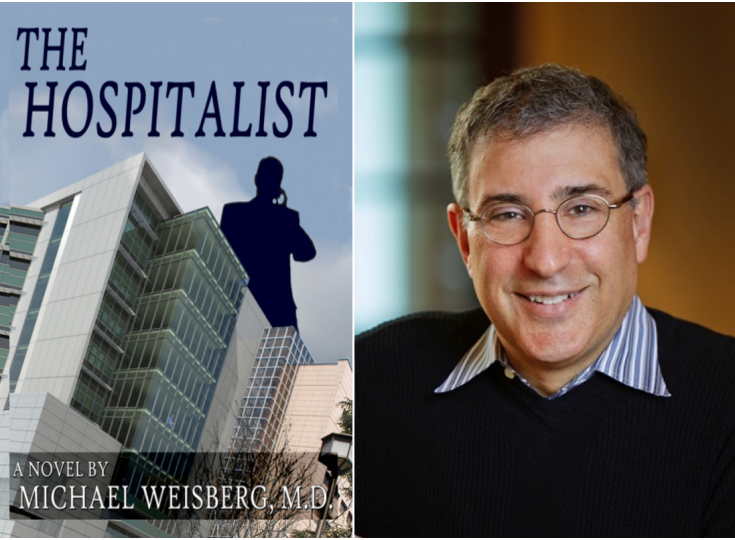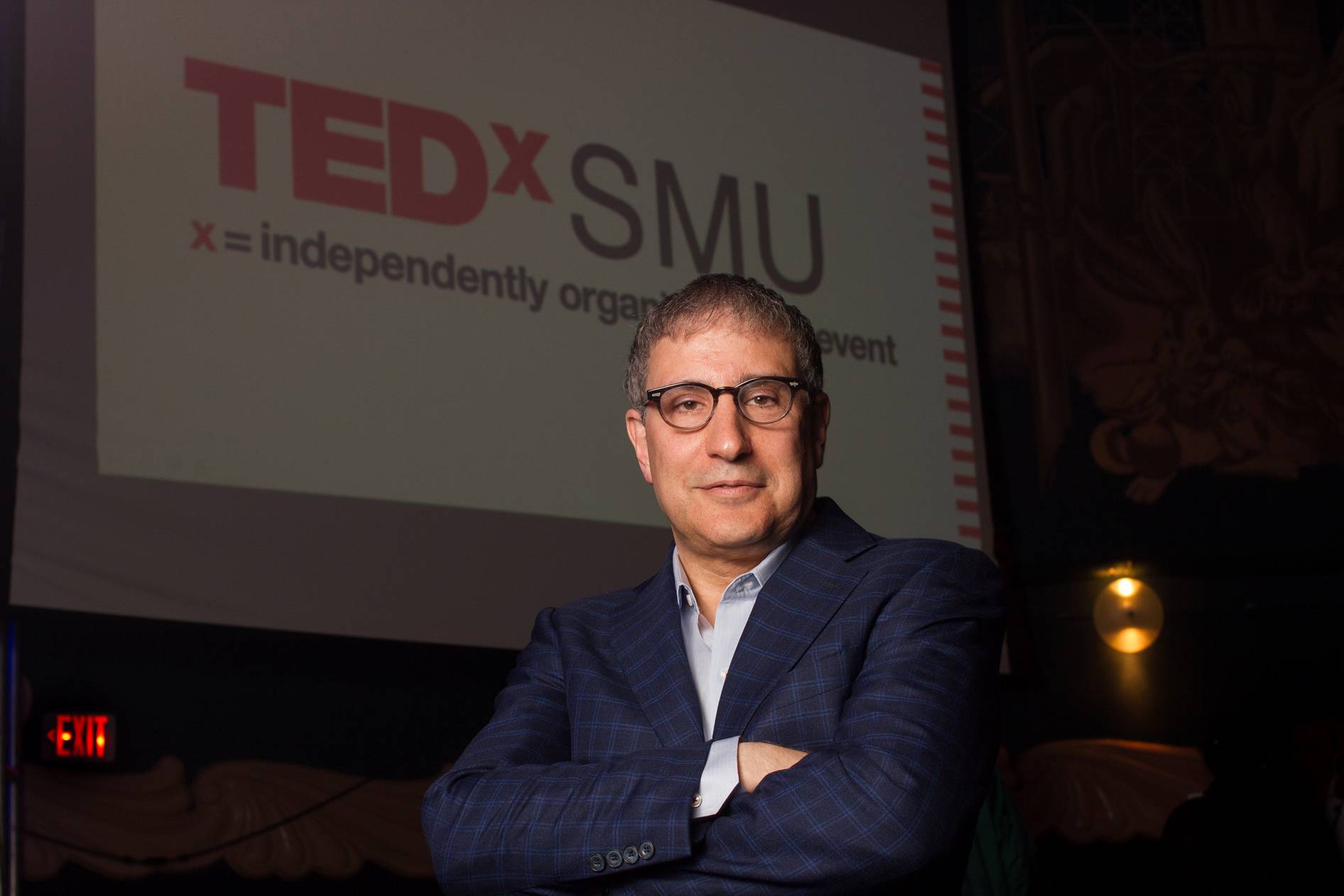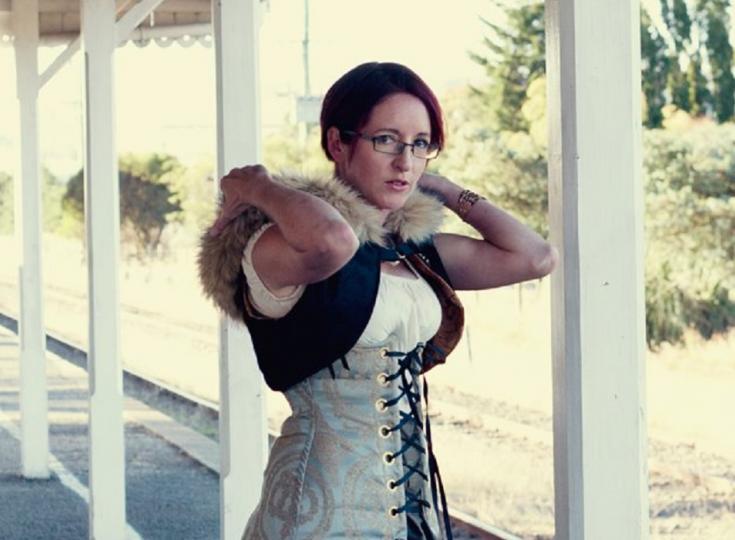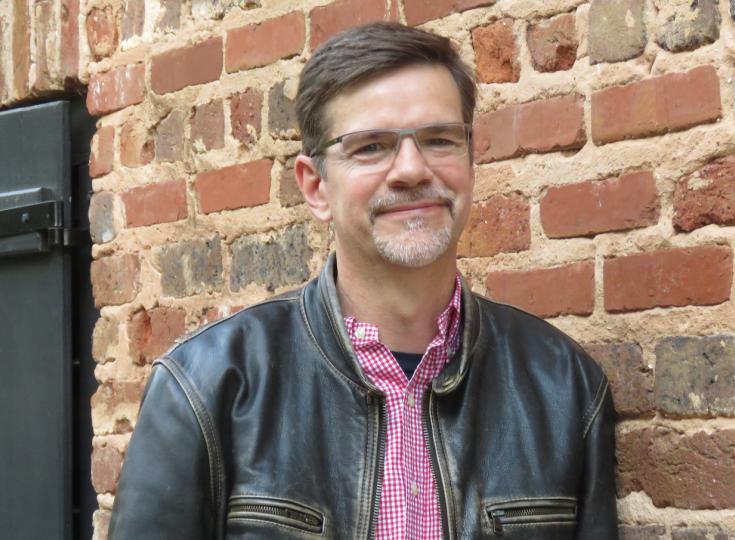Michael Weisberg, M.D. - A Terrifying Tale Inside The Modern Healthcare System

Dr. Michael Weisberg has been a practicing gastroenterologist for over 28 years in Texas. He graduated from Vanderbilt University Summa Cum Laude with a Bachelor’s degree in English Literature. He earned his medical degree from Baylor College of Medicine in Houston and completed a fellowship in Gastroenterology at the University of Texas Southwestern Medical Center in Dallas. Dr. Weisberg has written stories throughout his medical career. The Hospitalist was Dr. Weisberg’s first novel. His TED Talk based on ‘how the art of medicine has become a business in the 21st century’ has over 6,300 views. His second novel, In The End, focuses on a philosophical thread connecting most people and that is, ‘what gives meaning to a person’s life.’ As our Author of the Day, Weisberg tells us all about his book, The Hospitalist.

Please give us a short introduction to what The Hospitalist is about.
Kurt Eichenwald says it best: "The Hospitalist is a terrifying tale that takes readers deep inside the modern healthcare system, exposing the economic and professional forces destroying the ability of doctors to do their jobs. Michael Weisberg, a renowned physician for more than two decades, penetrates the thick walls of hospitals, doctors' offices, law firms, and insurance companies, exposing realities that have remained secret for too long. In the process, Weisberg lays bare the arrogance, aspirations, greed and foolishness tearing apart the quality of patient care. Anyone seeking treatment in a hospital must first read this book."
Tell us more about Dr. Aaron Bernstein. What makes him tick?
He is an old-fashioned doctor who believes that the patient comes first. He realizes that not everyone in today's medical world feels the same. The tragic events that surround one of his patients, 'Jumpy Johnson' sadden him and make him realize that the medical system has to change and get better. The other side of Aaron is his family. He has to confront issues with his wife and children. He is a husband, parent and doctor and his life revolves around these three roles.
Your book explores how the patient-doctor relationship has changed in the modern age. Why did you find this important to do?
As a practicing gastroenterologist, I had watched and experienced first hand how insurance companies had slowly entered the medical world and started to dictate largely how medicine was to be practiced. I started to see 'hospitalists' show up at hospitals. Nobody seemed to know who these hospitalists were as they didn't carry business cards or have regular hours at the hospital. Patients were being taken care of by hospitalists who had no previous contact or relationship with them. So at your sickest hour in a hospital, you might be taken care of by someone who knew nothing about you or your previous medical history. I felt this needed to be exposed. Since I am a writer, I felt like I could write it in the form of a novel.
You have practiced gastroenterology for 32 years. How much of your own experience have you written into the book?
The novel is based on my experience as a doctor. However, in order to accomplish my goal of exposing the changes in the practice of medicine in the 21st century, I wrote the book as a dark satirical fiction novel. Therefore the book has humorous as well as tragic elements.
Besides writing, what other secret skills do you have?
I played basketball in high school and enjoy watching the sport at both college and professional level. My friends tell me that I'm a walking 'basketball' historian.
The other secret skill I have is matching people up who end up marrying each other.
I learned to play bridge at the age of 5 because my parents wanted a foursome - so they taught my brother and I how to play bridge.
I played through college. In fact my brother and I won a duplicate bridge tournament at Vanderbilt.
I'm a very good singer. When I was young, my elementary choir had 36 people, 35 of whom were girls and myself. I sang the solos in the choir.
My favorite solo was ' There's Nothing Quite as Lovely as the Spring.'
I've always enjoyed acting in high school. I was able to harness my interest in public speaking through my TEDx Talk, an experience I enjoyed very much.
Have you always wanted to write a novel? Why did you choose to do so now?
I've always written throughout my medical career - but most of my writing has been short stories or poems. Authors write what they know. I wrote THE HOSPITALIST by harnessing my decades of practicing medicine. It was a therapeutic experience for me.
What advice would you give to your younger self?
Find your ideal spouse in your younger years and have your children while you're young.
In the End, all that matters is How much you love, How gently you lived, How gracefully you let go of things not meant for you.
What's an aspect of being a writer that you didn't know about going in?
How hard it is to bring attention to your novel. Even after you've written your book and received great reviews, that's just a starting point to getting people to read it.
How much fun do you have coming up with these story lines and characters?
I love doing this and always have ideas coming through my mind. Just talking to a person or traveling on vacation, will spur ideas for a story line.
Is there an underlying message you wish to relay about basic human nature through your characters?
All people have the potential to be good and do good. But a lot of people swerve from that path just due to personal circumstances, outside factors or events.
The amount of love that one person has is immeasurable. If you can consistently over time make incremental increases in your love, you've led a successful and meaningful life.
You write about some heavy themes—things that many of your readers have probably never experienced—yet it's very easy to identify with your characters. How do you make them so relatable?
A big part of any novel, is the conversations between characters. I first record the conversations of my characters. I then write it down on paper and edit it.
Do you have any interesting writing habits, what's your average writing day like?
My first step is to come up with the characters and a plot. I then go thru each chapter and outline it from beginning to end. Once I've got each chapter outlined, I'll sit down for about 14 hours straight and write chapter one. I'll carve out 14 hour blocks of time for each chapter. That's the basic process that I follow for writing each chapter. Keep in mind, this process works for me as I'm still a full-time practicing gastroenterologist.
What are you working on right now?
Three months ago, I released my second novel, IN THE END. The idea behind writing this novel is that repeatedly during my 35 years as a physician, I have paused before putting patients into anesthesia and asked them if they have any other questions about their colonoscopy procedure. A common response by patients has been ' Doc, what's the meaning to life?' I encourage patients to rephrase the question to 'what gives meaning to YOUR life? However in this novel, I've gone one step further and answered that question.
Where can our readers discover more of your work or interact with you?
Gain more insight into the author of THE HOSPITALIST and IN THE END, by viewing Dr. Weisberg's TEDxTalk located via his website www.michaelfweisberg.com and follow him on twitter at @MWeisbergMD







